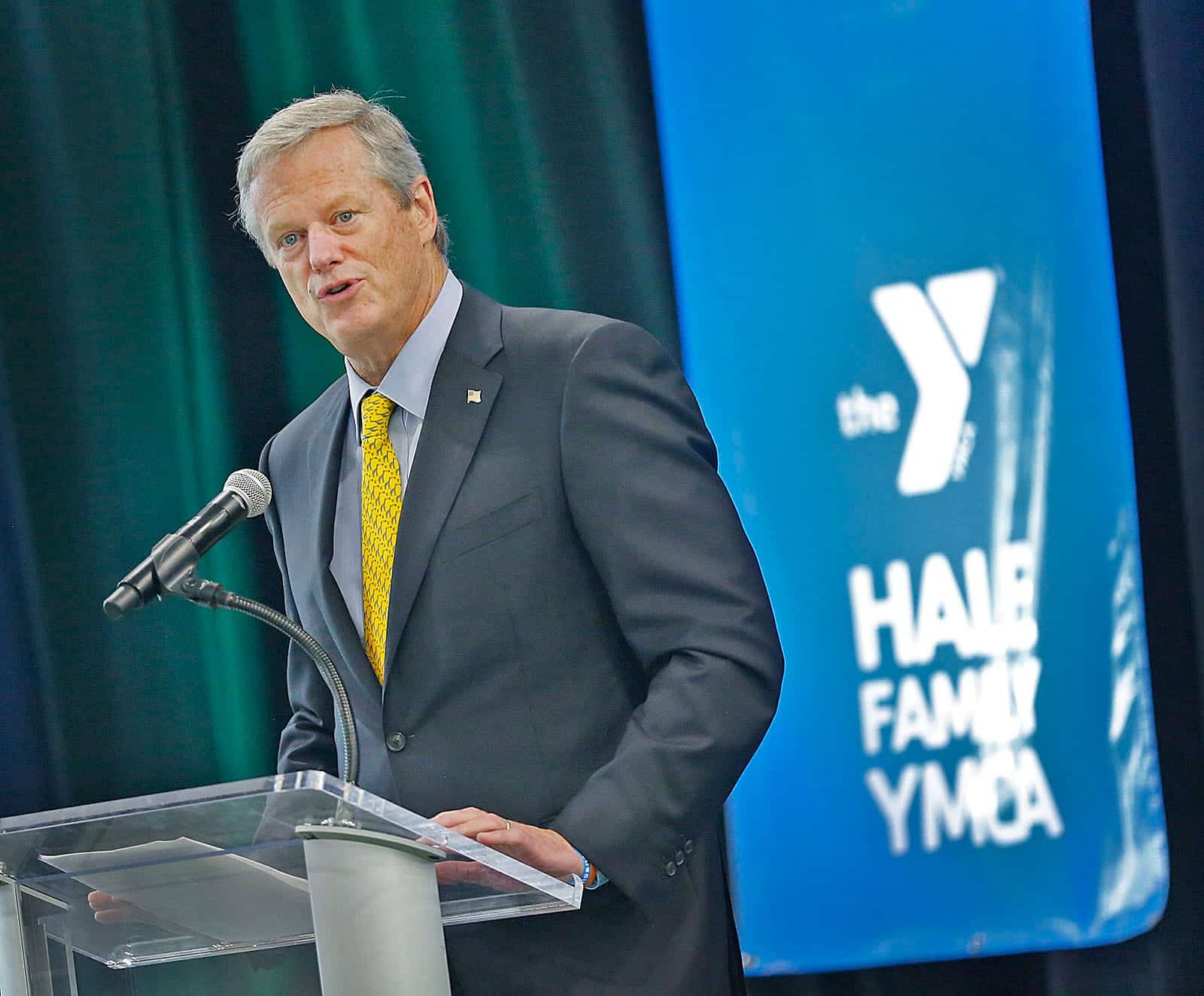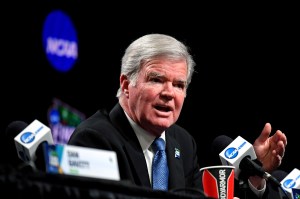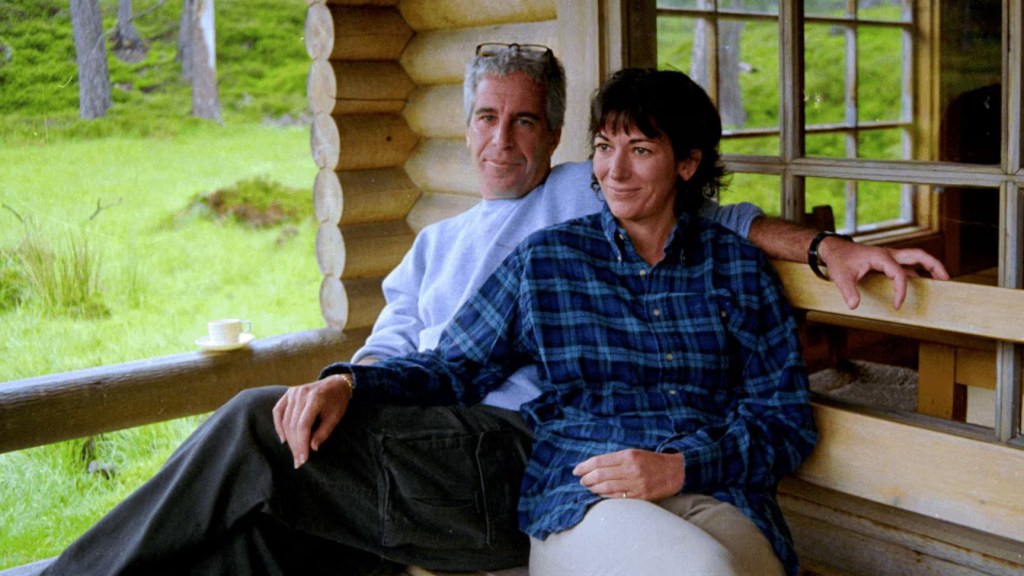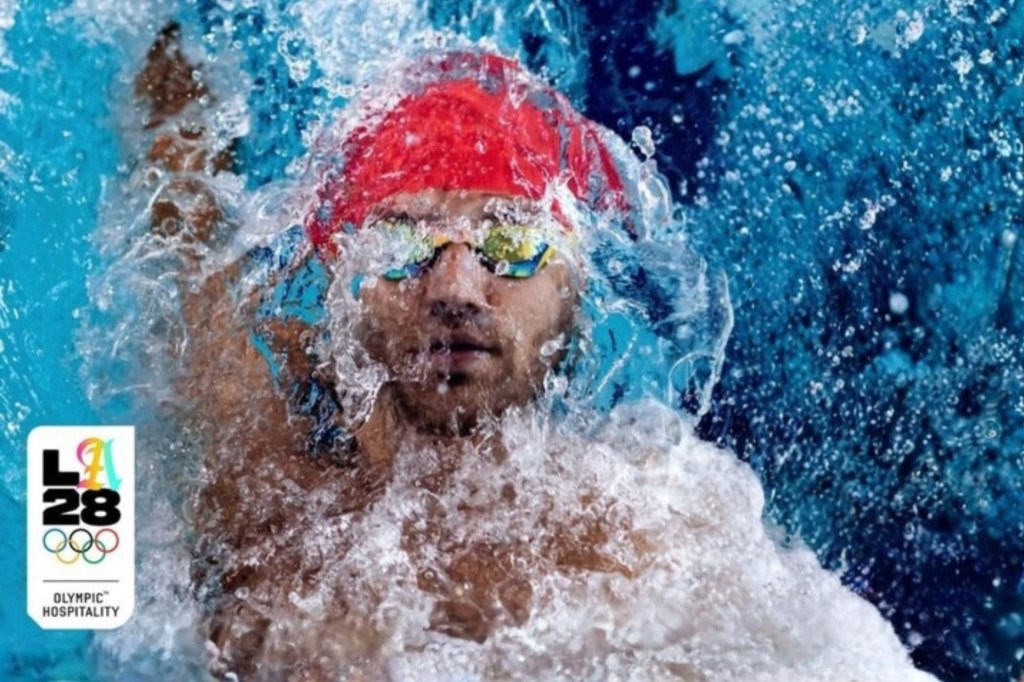At first glance, new NCAA President Charlie Baker may have seemed like a strange choice for the job given that he’s never worked at a school, conference, or the NCAA. His only experience in college sports is his time playing basketball at Harvard in the 1970s.
But the NCAA wants to ward off threats to amateurism. To do that, they need to convince Congress to pass favorable legislation.
Enter Baker, a former Massachusetts governor known for his bipartisan negotiating abilities. To accomplish the NCAA’s goals, he’ll essentially turn the NCAA into a lobbying firm.
Baker will not live in Indianapolis and work out of the headquarters like previous presidents. Instead, he’ll retain his main residence in Massachusetts, and spend significant time in Washington, D.C.
He’s also brought his former Chief of Staff, Tim Buckley, on board to manage relationships between the NCAA and local and federal government officials, as well as spread the NCAA’s message to the public.
The two will work alongside a subcommittee of university presidents on Congressional engagement formed as part of the NCAA’s new constitution structure.
His first priority, he told Sports Illustrated, is asking Congress to help him to reform name, image, and likeness. The new industry, which still has many uncertainties, appears to be the biggest concern to Baker’s new NCAA constituency.
“I worry a lot that the system that basically does not seem to have any of the normal transparency standards you’d see in most markets, especially billion-dollar markets, is a problem,” Baker reportedly said. “I worry about what this means for kids and families.”
He wants to create a way for athletes to understand their NIL value — and ensure they don’t sign bad contracts.
“In theory [Baker’s idea] makes sense, especially so athletes and their families have an idea of what an athlete’s market value is and the athlete isn’t taken advantage of,” sports attorney Mit Winter told Front Office Sports.
But Winter noted a couple existing obstacles. First, the NCAA’s current rules prohibiting conversations between boosters and recruits keeps them from understanding how much they could actually make. Second, it would be difficult for the NCAA to force athletes and schools to release compensation information without collective bargaining.
Baker said he isn’t sure exactly what the solution is, though it certainly involves a law from Congress.
The other main priority: The NCAA wants Congress to pass a law that states athletes cannot be classified as employees, and that gives the NCAA certain antitrust protections.
The goal is to undercut cases at the NLRB and in the Third Circuit that could end with athlete employment status. Baker can’t afford to wait for favorable verdicts, particularly given that both federal judges and the NLRB’s general counsel have made public comments suggesting athletes could, or should, be university employees.
But that could be a near-impossible task for Baker. Even the most conservative lawmakers interested in NCAA reform, like former Alabama coach and now senator Tommy Tuberville have expressed that an NCAA antitrust protection is unlikely.
Baker may have more luck with one of his other stated goals: better health services for athletes. As a former private sector healthcare executive, Baker is equipped to enhance mental health services and help NCAA schools beef up their healthcare packages — both things he told SI he’d like to accomplish.






![[Subscription Customers Only] Jul 13, 2025; East Rutherford, New Jersey, USA; Chelsea FC midfielder Cole Palmer (10) celebrates winning the final of the 2025 FIFA Club World Cup at MetLife Stadium](https://frontofficesports.com/wp-content/uploads/2026/02/USATSI_26636703-scaled-e1770932227605.jpg?quality=100&w=1024)











